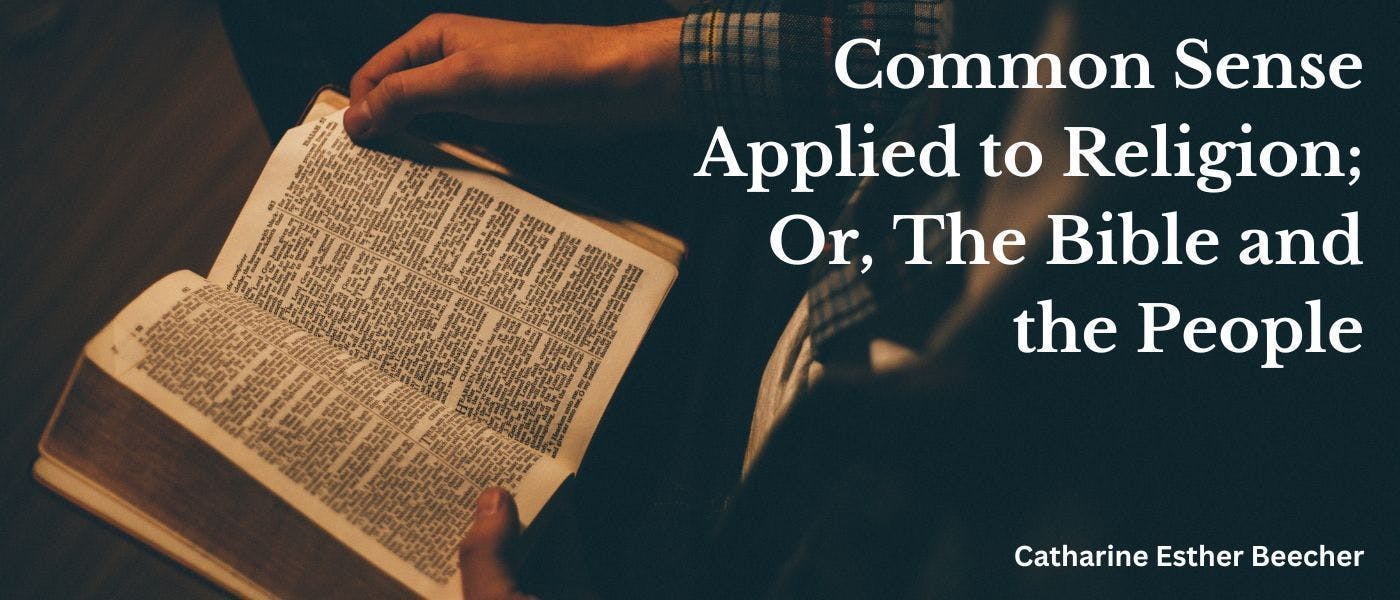105 reads
RIGHT MODE OF SECURING THE OBJECT FOR WHICH MIND WAS CREATED.
by
October 21st, 2023
Audio Presented by

Trailblazing American educator, advocated female education and kindergarten integration.
About Author
Trailblazing American educator, advocated female education and kindergarten integration.
